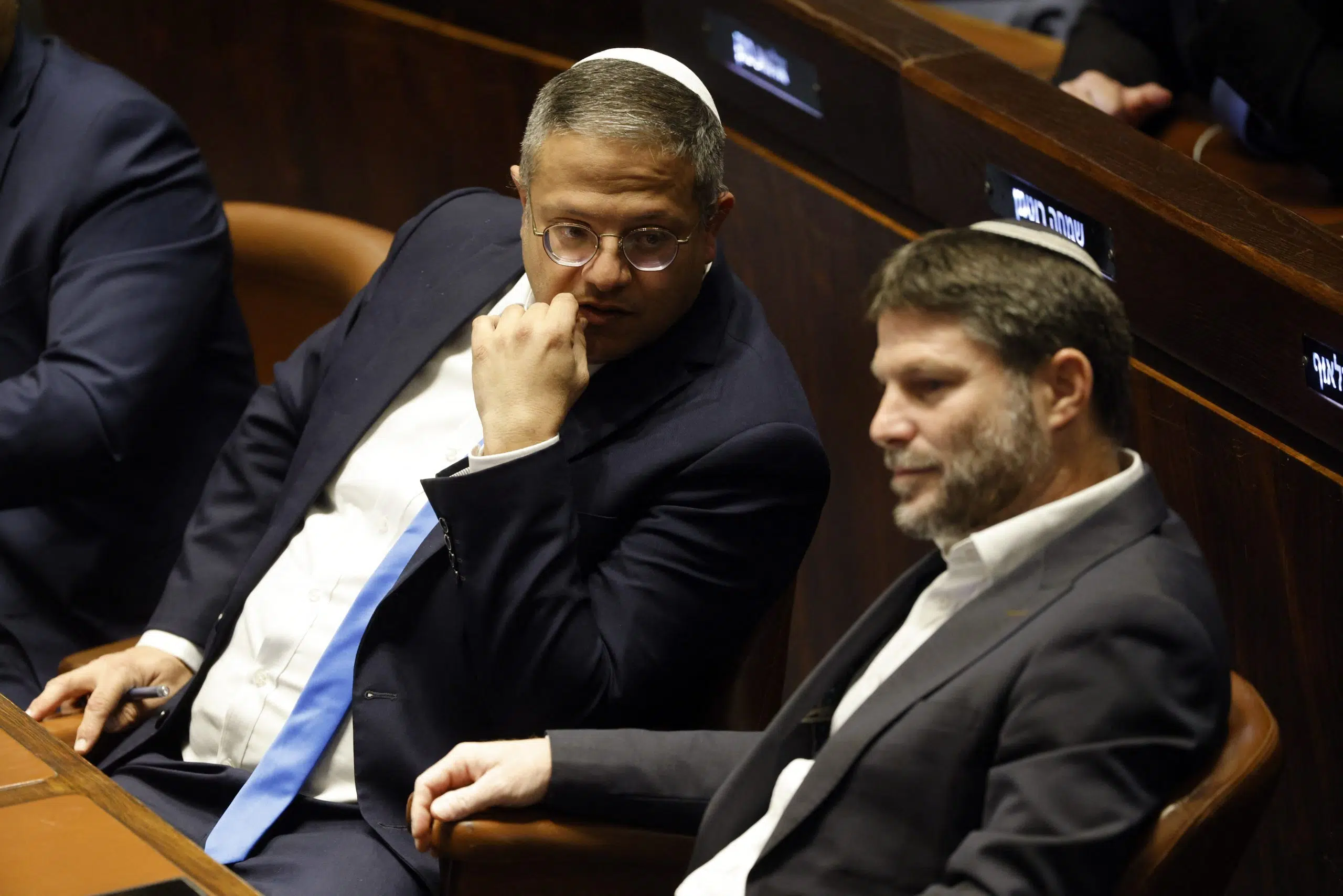Brussels – Forty-eight hours after the unexpected announcement of the three-stage peace plan in Gaza, the White House proposal has cashed in on the support of major international partners: the UN, the EU, the UK, and the major players in the Middle East region. It all depends on the two sides in the conflict: while Egypt said Hamas “welcomed the proposal,” Biden’s peace plan has exposed the fragility of Benjamin Netanyahu’s governing coalition, hostage to the Zionist far-right. 
The plan envisages three phases: six weeks of complete ceasefire, in which Hamas would release “a certain number of hostages” in exchange for the withdrawal of Israeli troops from populated areas of the Gaza Strip. This first phase is should see a substantial increase in the entry of humanitarian aid and the ability of the Palestinian civilian population to return to their homes (according to UN estimates, however, more than 60 percent of homes in the enclave are uninhabitable due to Israeli shelling).
The second phase, also lasting six weeks, envisages the permanent end of hostilities, the release of all remaining Israeli hostages in exchange for the release of hundreds of Palestinian political prisoners from Israeli jails, and the complete withdrawal of the Israeli army from the Gaza Strip. The third phase would mark the start of the plan to reconstruct Gaza.
In making the announcement live, Biden said he received the proposal from Israel. But the far-right members of Netanyahu’s governing coalition – Finance Minister Bezalel Smotrich and National Security Minister Itamar Ben-Gvir – immediately described the proposal as a “total surrender” and threatened to bring down the executive branch if Israel were to approve the plan. As Israeli media reported, the Premier has reportedly already met with Ben Gvir to detail the truce proposal and convince him that it would not be a defeat for Israel.

Meanwhile, Benny Gantz, a member of Netanyahu’s war cabinet and highly critical of the Prime Minister’s handling of the conflict, made it clear in a phone call with U.S. Secretary of State Antony Blinken that the return of Israeli hostages is a “priority in the timeline of the war.” Stifled between pressure from his U.S. ally on the one hand and the radical rejection of any agreement that does not include the “Israelification” of Gaza by his ministers, Netanyahu may be facing a choice between accepting the truce and the survival of his government.
EU and UN revive peace plan for Gaza
The United States is not alone, as the European Union–which recently began to question the Association Agreement with Israel — and the UN Secretary-General Antonio Guterres are pushing for the peace plan. European Commission President Ursula von der Leyen says the three-step approach proposed by Biden is “balanced and realistic.” European Council President Charles Michel says he is “grateful for the efforts of the United States, in cooperation with key partners, particularly Qatar and Egypt.” According to the EU High Representative for Foreign Affairs, Josep Borrell, “the war must end now.”
UN Secretary, Antonio Guterres, said he encourages “all parties to seize this opportunity for a ceasefire, release of all hostages, guaranteed unhindered humanitarian access & ultimately a durable peace.”
Amid this diplomatic momentum, Israel is continuing its military operations in the Palestinian enclave. According to data published by the UN Office for Humanitarian Affairs (Ocha-Opt), between May 29 and 31, 113 Palestinians were killed, and 637 were wounded. The Israeli army reported hitting some 50 military targets in the past 24 hours, while Al Jazeera reports 22 new casualties from Israeli raids on homes and refugee camps. Since October 7, at least 36,284 people have died and 82,057 injured in Gaza.
English version by the Translation Service of Withub







